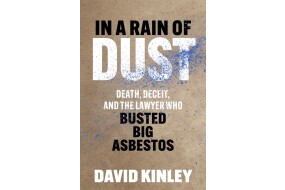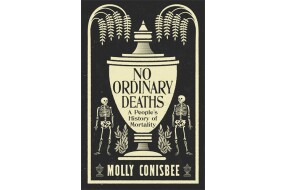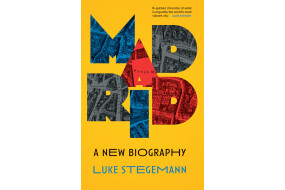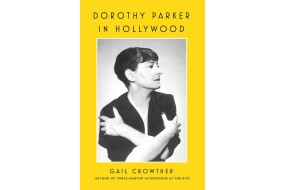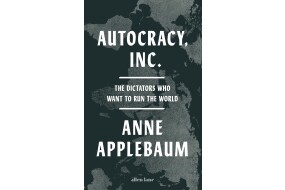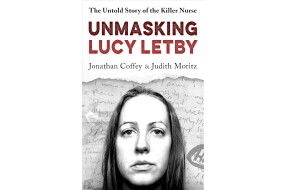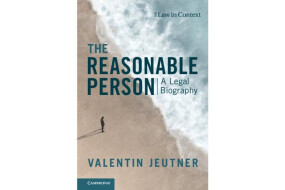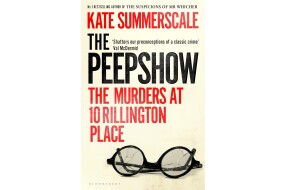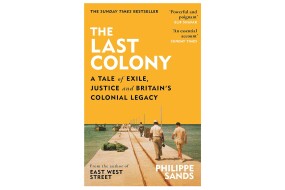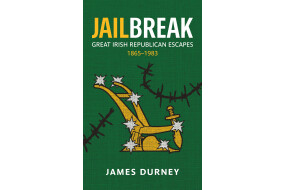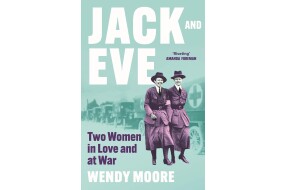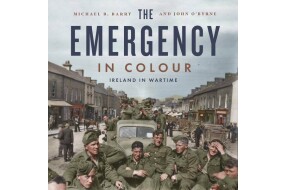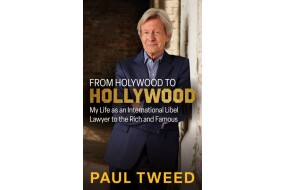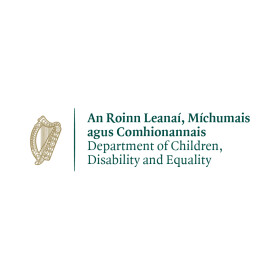A new book casts new light on the fight against Big Asbestos, writes Tom Marshall. The history of the harms caused by asbestos is a long and painful one. Since the start of the large-scale commercial exploitation of the mineral in the 19th century, evidence of its damaging effects has been noted and
Reviews
Robert Shiels reviews a new book on the less popular of the two things said to be certain in life. Death scholarship is well-established. Dr Molly Conisbee, a visiting fellow at the Centre for Death and Society at the University of Bath, has studied many aspects of death and mourning.
It is a curious fact, strange but true, that the best books on Spain are written by foreigners. It is impossible to think of Andalucía without Irish writer Gerald Brenan springing to mind. The lives and careers of the poet Lorca and film-maker Buñuel are likewise synonymous with anothe
Graham Ogilvy reviews a new book on Dorothy Parker's time in Hollywood. Dorothy Parker was celebrated in her time as a poet, a critic and a writer. Above all, she is cherished today for her acerbic wit. But she is less well-known for her Hollywood screenwriting career which spanned three tumultuous
Robert Shiels reviews an apt book for dark times.
Robert Shiels reviews a new book on one of the most notorious crimes in recent English history. The public must surely wish to have a comprehensive narrative of the course of conduct by a medically qualified person resulting in the deaths of many babies, and they have it with this book.
Robert Shiels looks at the "story of law’s reasonable person" — one that has "many beginnings and no end", according to Professor Valentin Jeutner, of Lund University, Sweden. Identifying the concept of a "reasonable person" is not an easy task, given, as this professor discovered, there
Robert Shiels reviews a new book on an infamous series of London murders. The purportedly whole story of the grim events at 10 Rillington Place, London has been offered to the public in different forms over the years but what version is complete, and separately, an accurate one?
With Donald Trump taking legal advice on how to retain a US base on the Chagos Islands, Tom Marshall reviews a new book by Philippe Sands KC which reveals Britain’s duplicity in its dealings with the islanders of its last colony. The Chagos Archipelago, a small group of islands in the Indian O
A monumental new history of Irish republicanism in the Scottish city of Dundee reveals much of the Irish diaspora experience in Scotland and leaves Graham Ogilvy impressed by its thorough research. As a young boy, I walked through the derelict tenements of Tipperary every day to get to school.
In his latest work, James Durney takes readers on a dramatic tour of republican prison escapes, writes Susie Deedigan. Jailbreak opens with Irish Republican Brotherhood president James Stephens’ relatively simple escape from Dublin’s Richmond Prison in 1865 and culminates in the far more
Robert Shiels reviews a new book on the interface between technology and war. The military-industrial complex of the United States was the subject of a chilling warning by President Eisenhower and a new book reveals how Silicon Valley has morphed to make it ever more deadly.
Wendy’s Moore’s biography of Vera Holme and Eveline Haverfield, or simply Jack and Eve, is a deeply entertaining insight into the lives of two extraordinary Edwardian women in love, writes Susie Deedigan. Jack had grown up comfortably, but the sudden loss of her father in childhood meant
Historian Susie Deedigan examines a new collection of colourised photos of Ireland in the 1940s. The Emergency in Colour presents 200 compelling images taken during the Second World War, or Emergency as it was known in neutral Éire. Each image has been carefully colourised by John O’Byr
Graham Ogilvy reviews Paul Tweed's new book about his life as an international libel lawyer to the rich and famous. Paul Tweed is a familiar figure on television and in the newspapers. Representing celebrity clients has made him something of a celebrity himself, and now he tells his story in a new b





